Trump, in Israel, says he has new reasons to hope for peace
Mon 22 May 2017, 21:09:18
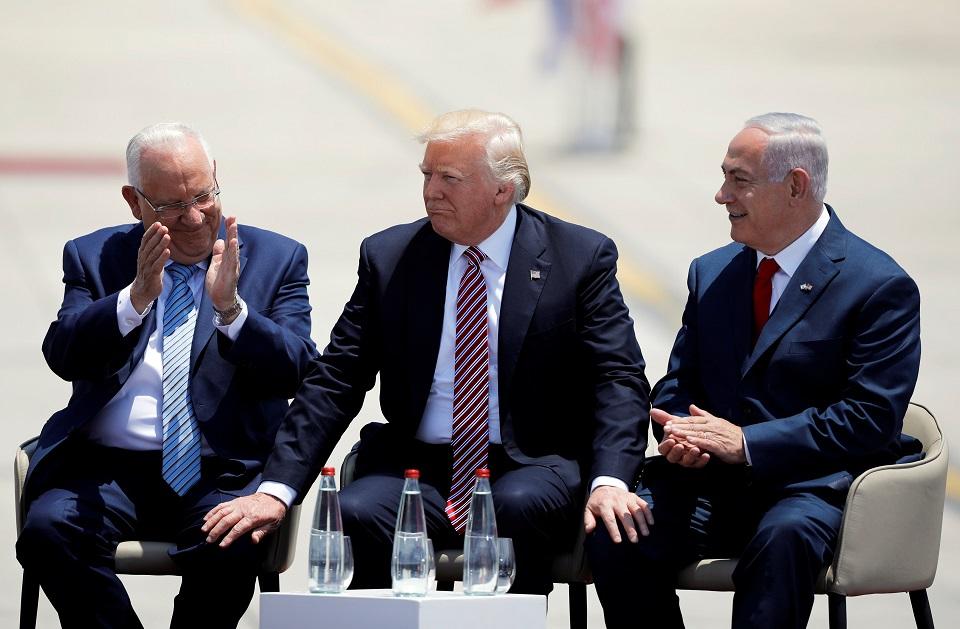
TEL AVIV: US President Donald Trump arrived in Israel on Monday on the second leg of his first overseas trip since entering office and said he had new reasons to hope for peace and stability to the Middle East after his visit to Saudi Arabia.
In a stopover lasting 28 hours, Trump is to meet separately with Israeli Prime Minister Benjamin Netanyahu and Palestinian President Mahmoud Abbas. Later on Monday, he will pray at Judaism’s Western Wall and visit the Church of the Holy Sepulchre in Jerusalem, and on Tuesday he will travel to Bethlehem.
Netanyahu and his wife Sara, as well as President Reuven Rivlin and members of the Israeli cabinet, were at Tel Aviv’s Ben-Gurion airport to greet Trump and first lady Melania in a red carpet ceremony after what is believed to have been the first direct flight from Riyadh to Israel.
“During my travels in recent days, I have found new reasons for hope,” Trump said in a brief speech on arrival.
“We have before us a rare opportunity to bring security and stability and peace to this region and its people, defeating terrorism and creating a future of harmony, prosperity and peace, but we can only get there working together. There is no other way,” he said.
Trump’s tour comes in the shadow of difficulties at home, where he is struggling to contain a scandal after firing James Comey as FBI director nearly two weeks ago. The trip ends on Saturday after visits to the
Vatican, Brussels and Sicily.
Vatican, Brussels and Sicily.
“Ultimate deal”
Netanyahu said Israel shared Trump’s commitment to peace — but he also repeated his right-wing government’s political and security demands of the Palestinians, including recognition of Israel as a Jewish state.
“May your first trip to our region prove to be a historic milestone on the path toward reconciliation and peace,” Netanyahu said.
US Secretary of State Rex Tillerson told reporters en route to Tel Aviv that any three-way meeting between Trump, Netanyahu and Abbas was for “a later date.”
Trump has vowed to do whatever is necessary to broker peace between Israel and the Palestinians — something he has called “the ultimate deal” — but has given little indication of how he could revive negotiations that collapsed in 2014.
When he met Abbas this month in Washington, he stopped shortly of explicitly recommitting his administration to a two-state solution to the decades-old conflict, a long-standing foundation of US policy. He has since spoken in support of Palestinian “self-determination.”
Trump has also opted against an immediate move of the US Embassy in Tel Aviv to Jerusalem, a longtime demand of Israel.
A senior administration official told Reuters last week that Trump remained committed to his campaign pledge to ultimately relocate the embassy, but would not announce such a move during this trip:
No Comments For This Post, Be first to write a Comment.
Most viewed from International
Most viewed from World
AIMIM News
Latest Urdu News
Most Viewed
May 26, 2020
Should there be an India-Pakistan cricket match or not?
Latest Videos View All
Like Us
Home
About Us
Advertise With Us
All Polls
Epaper Archives
Privacy Policy
Contact Us
Download Etemaad App
© 2026 Etemaad Daily News, All Rights Reserved.

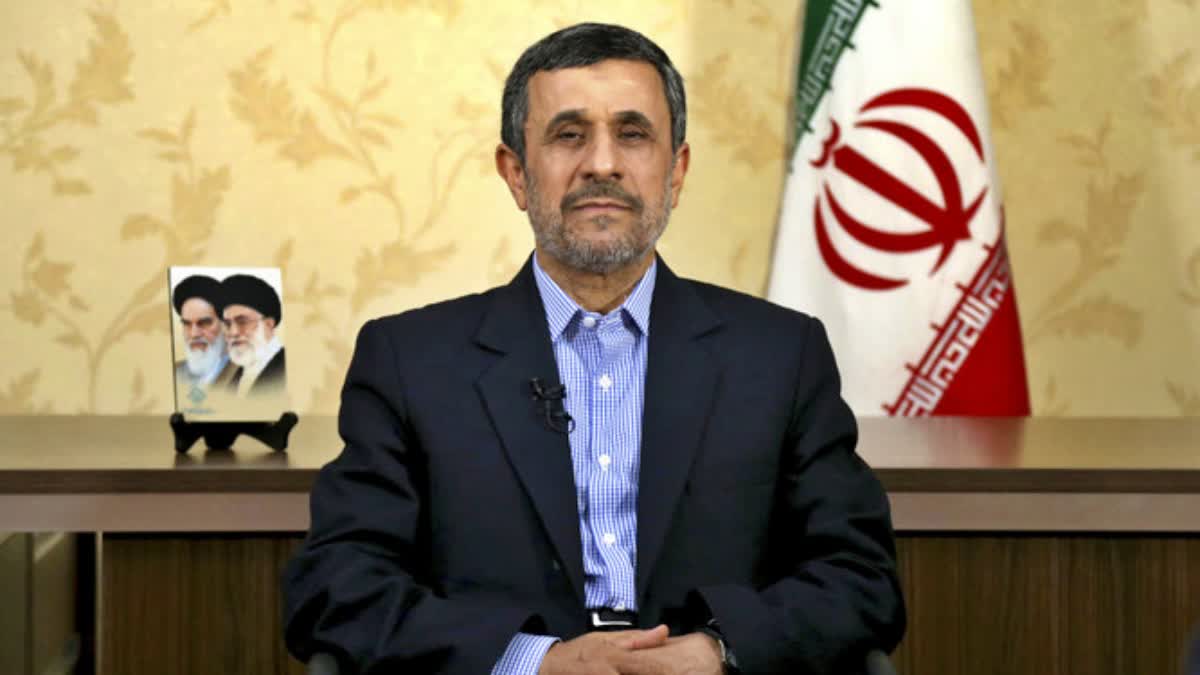
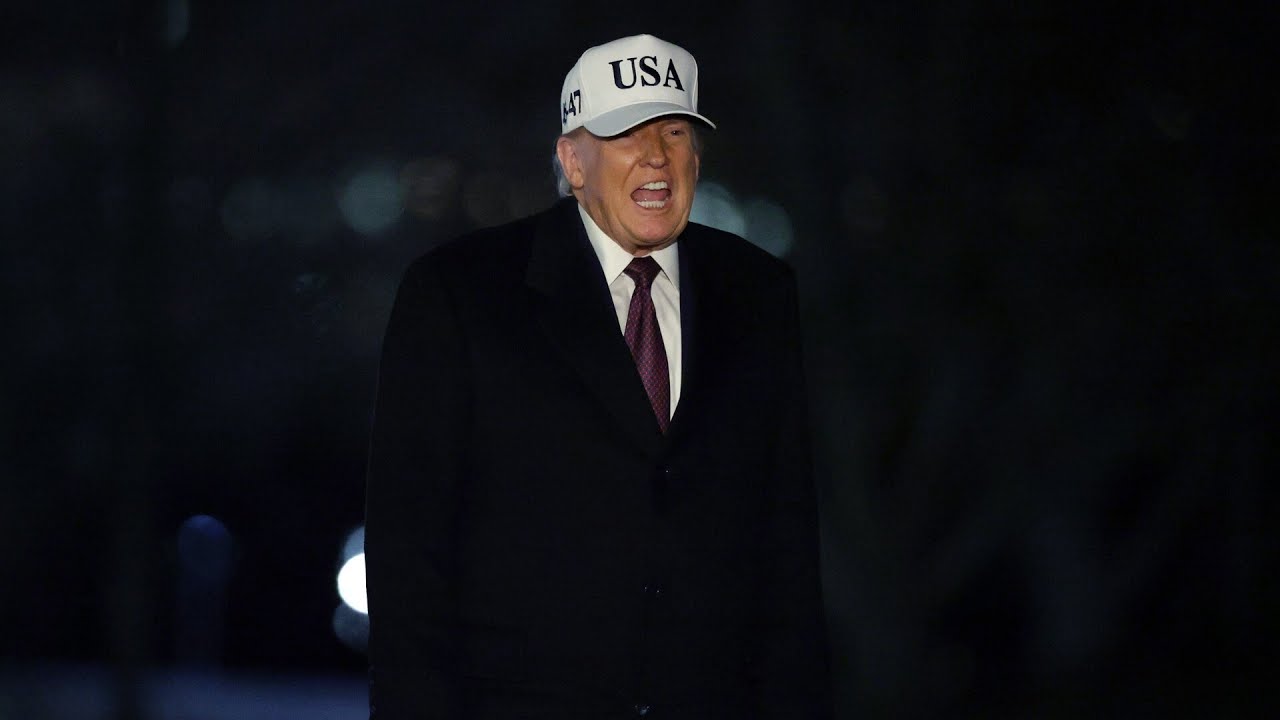
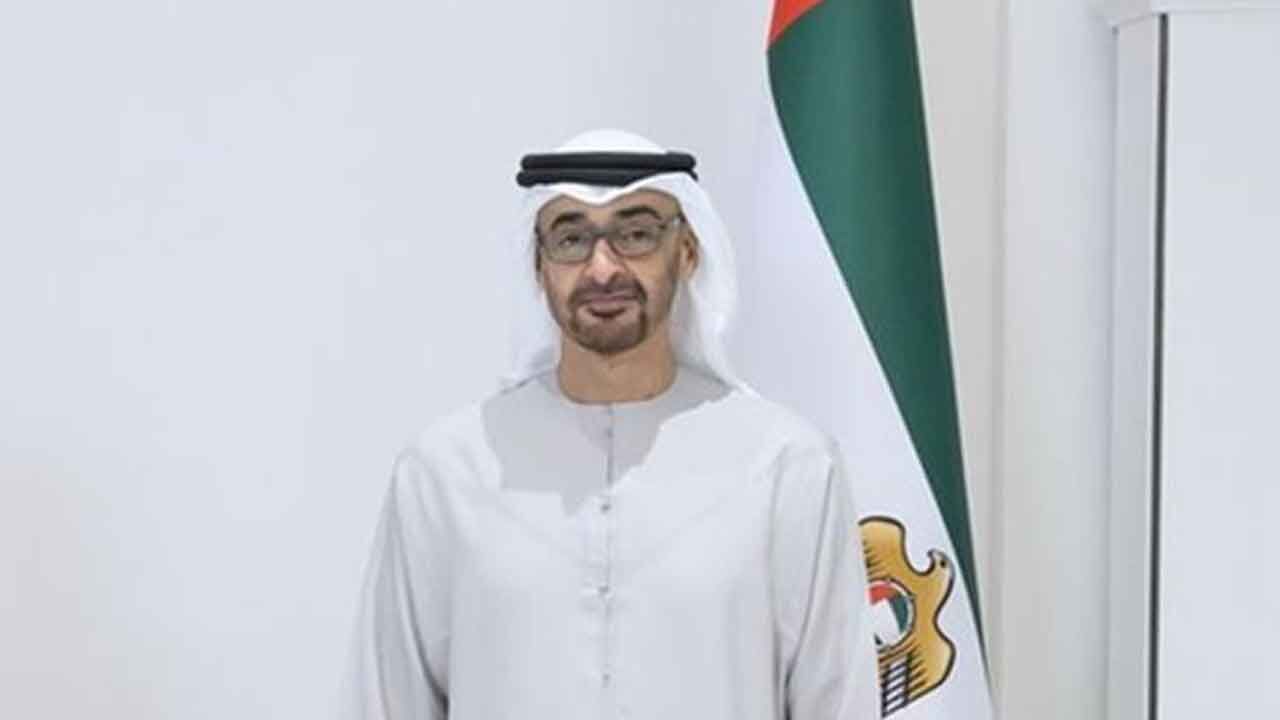
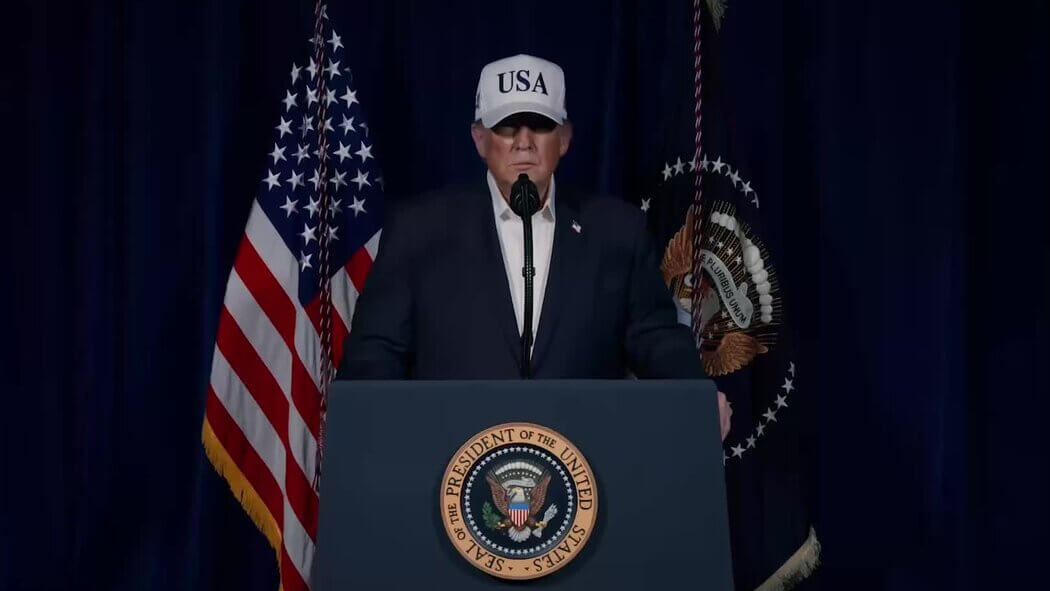
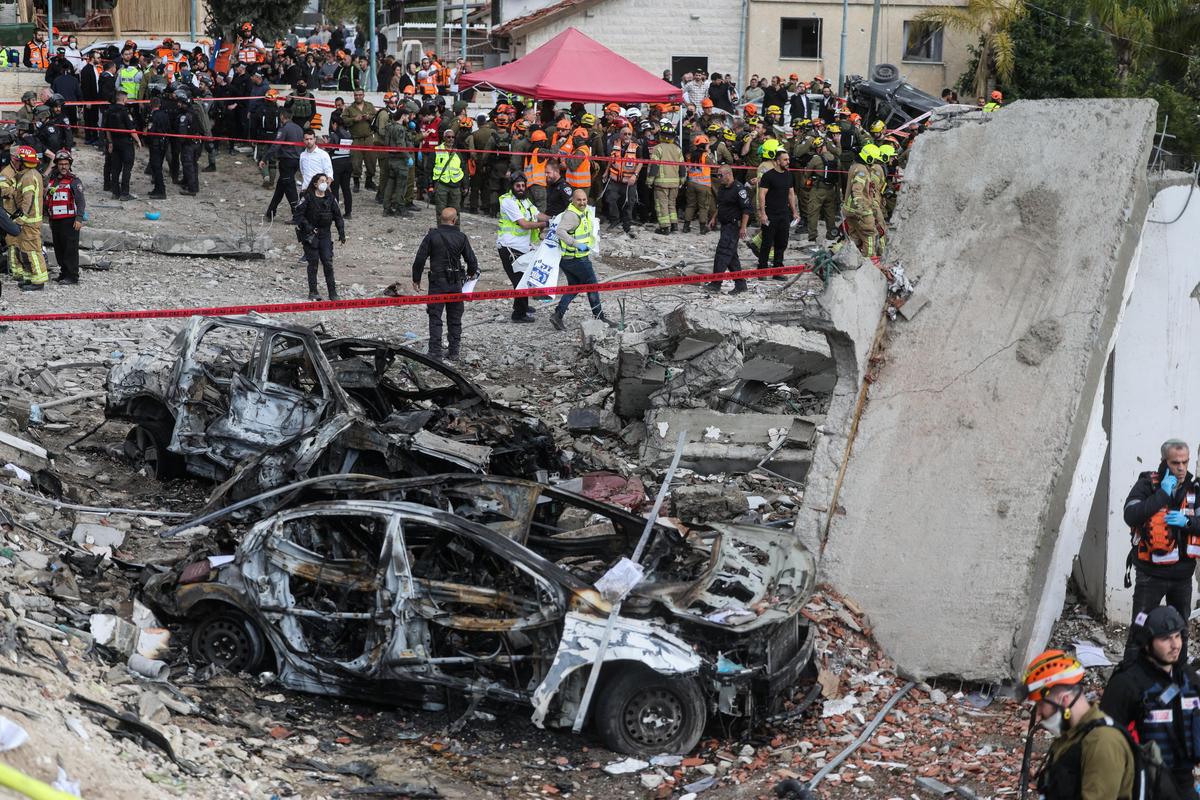
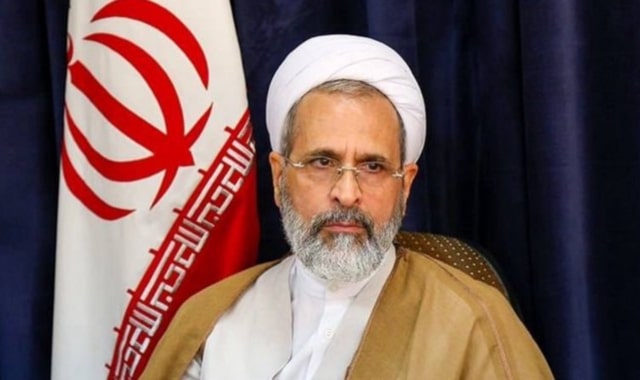
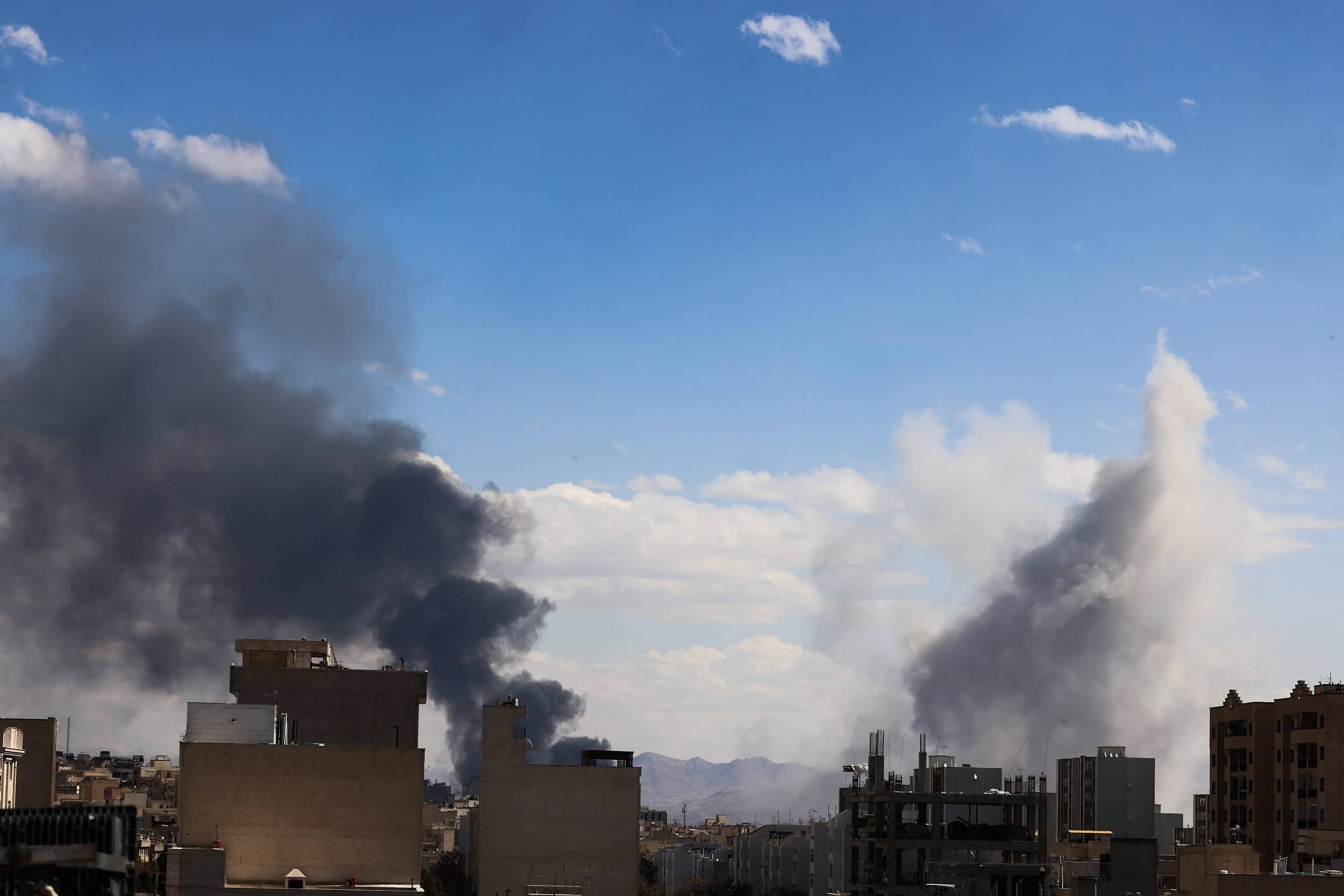
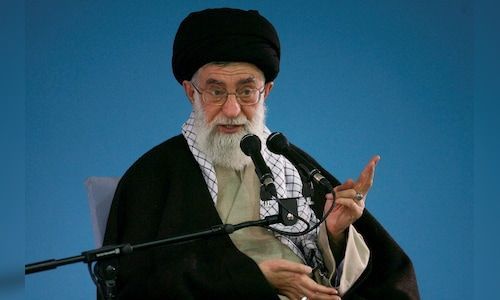
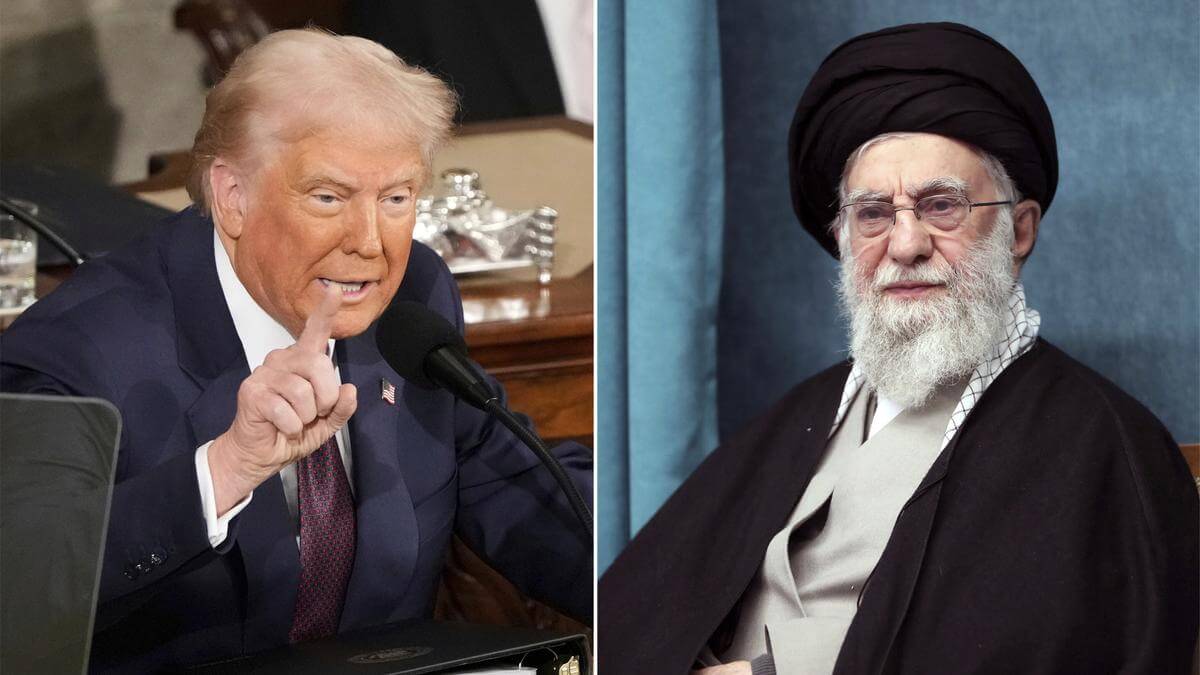
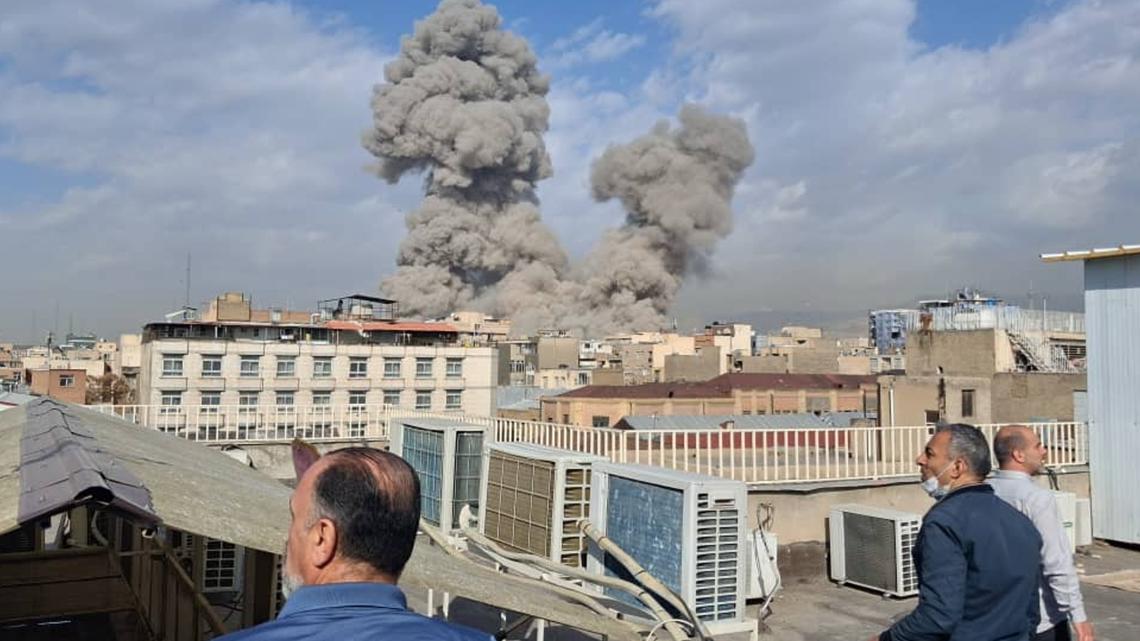
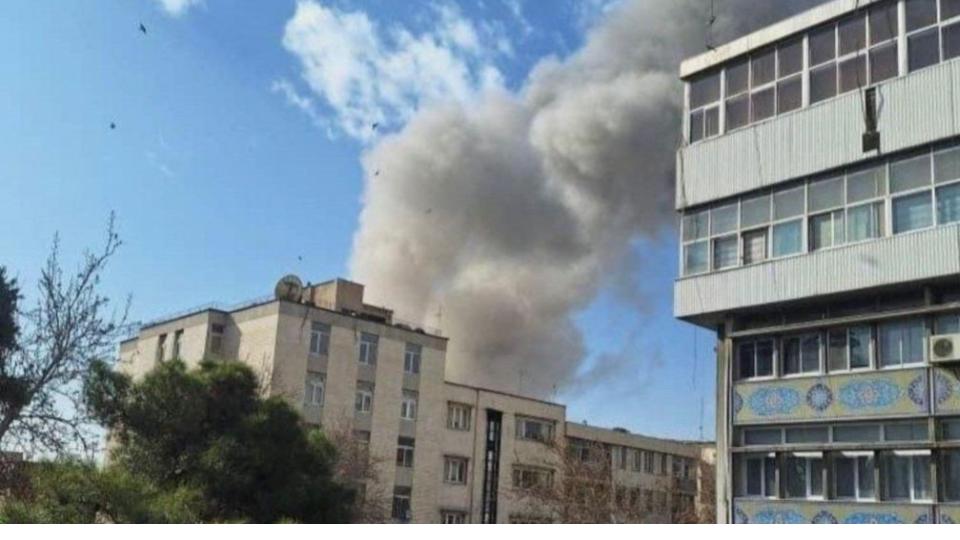

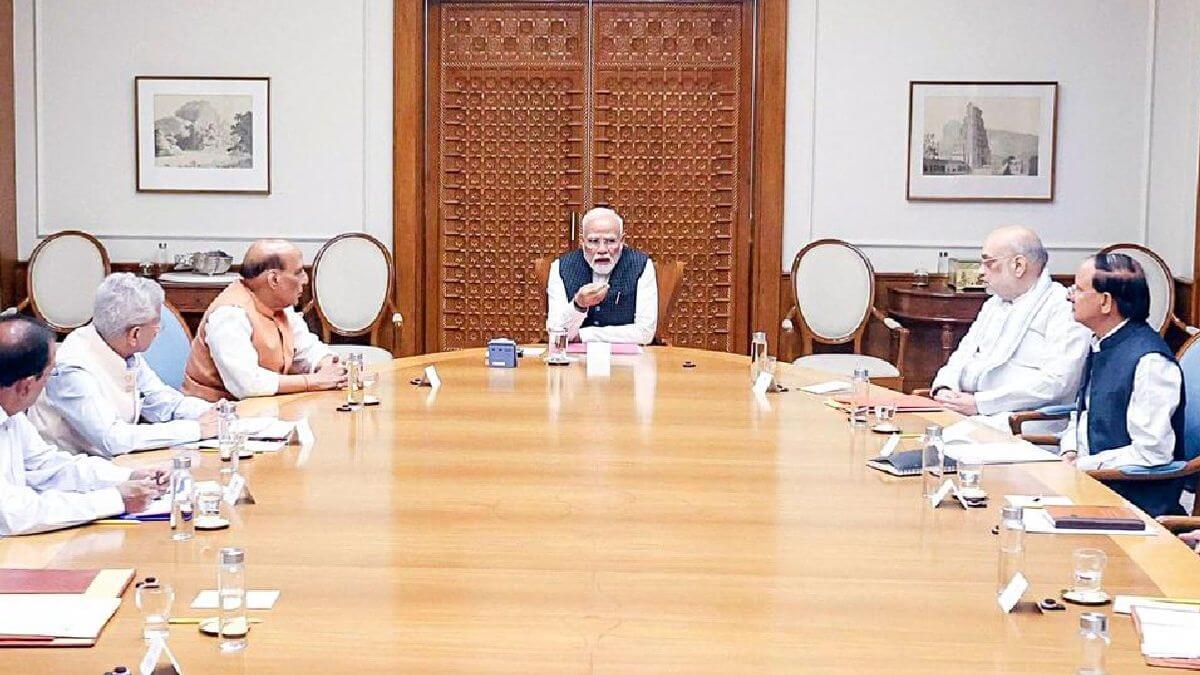
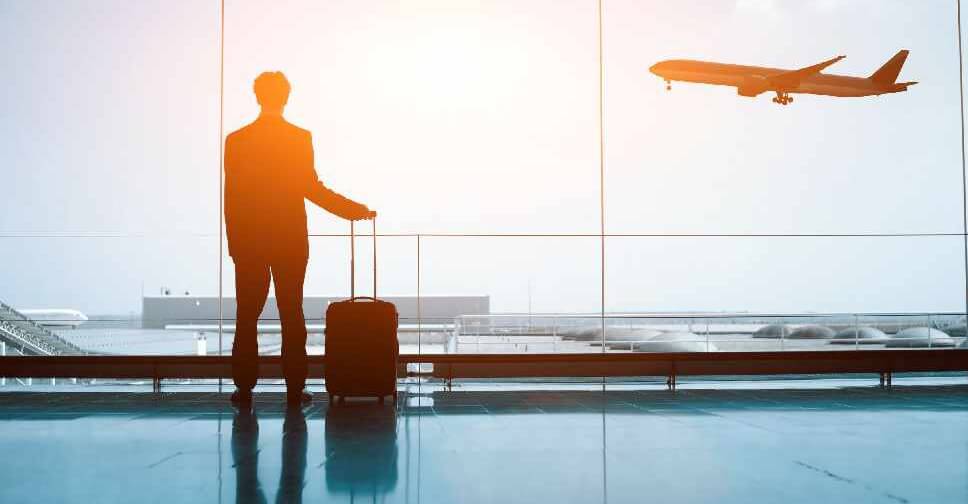

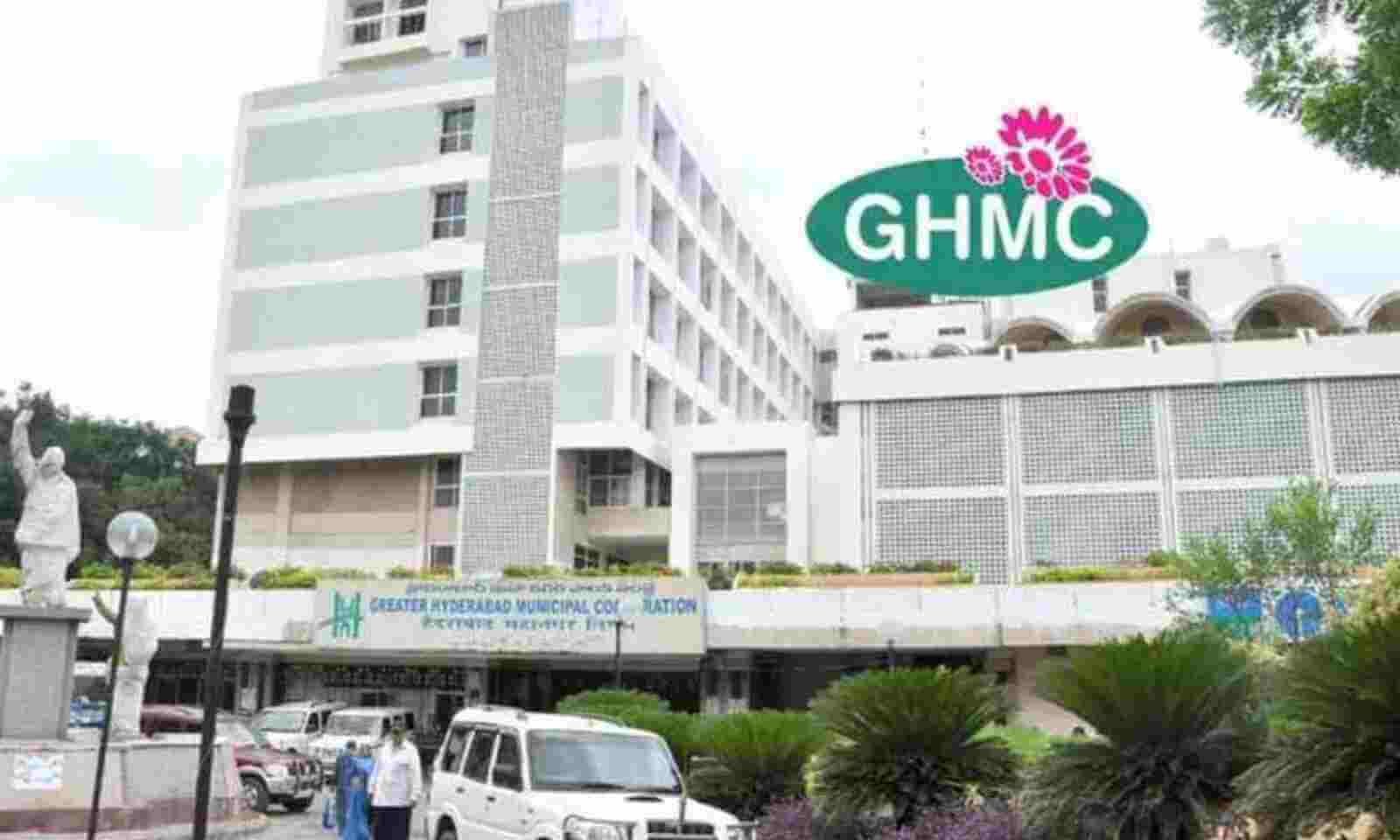
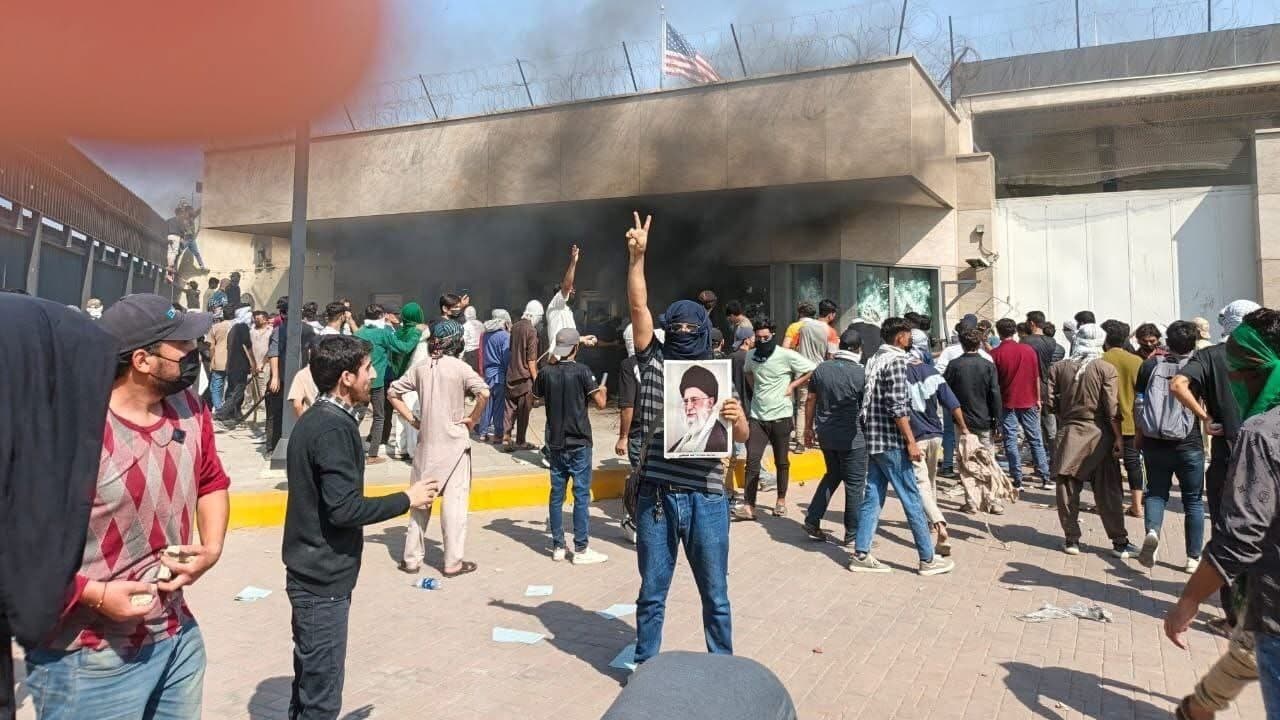

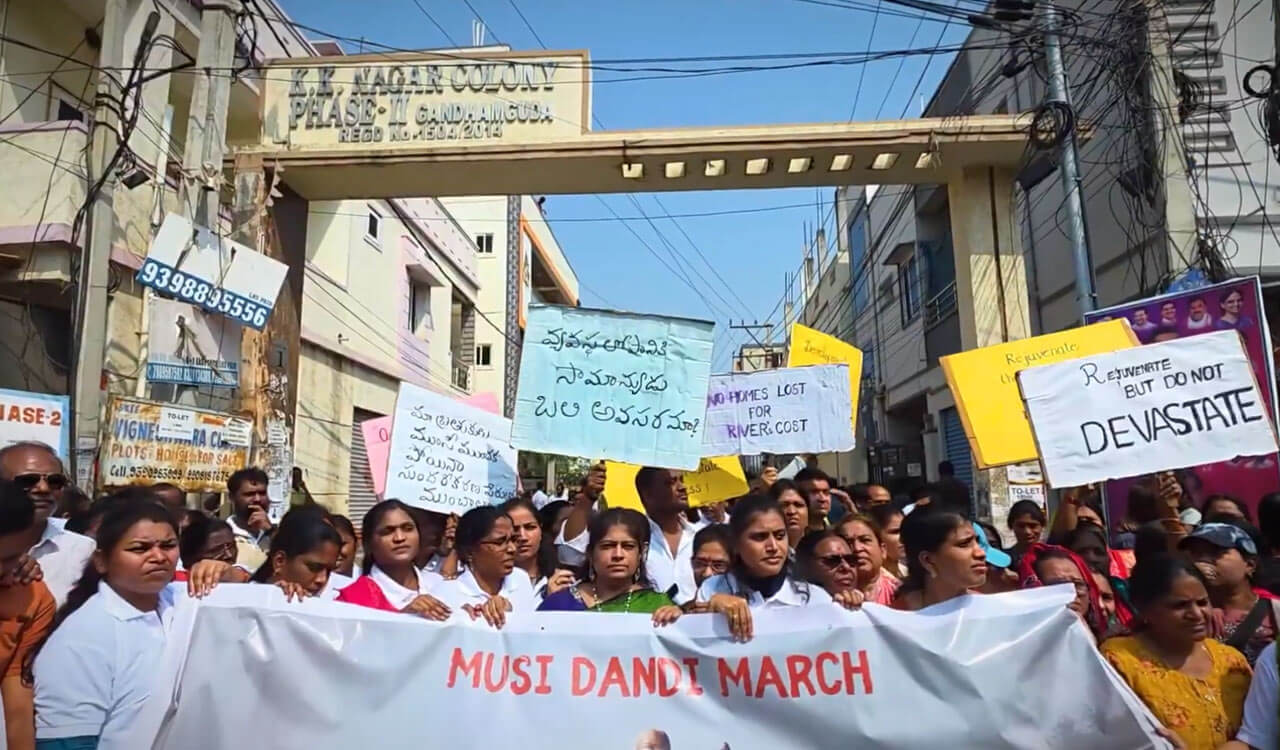
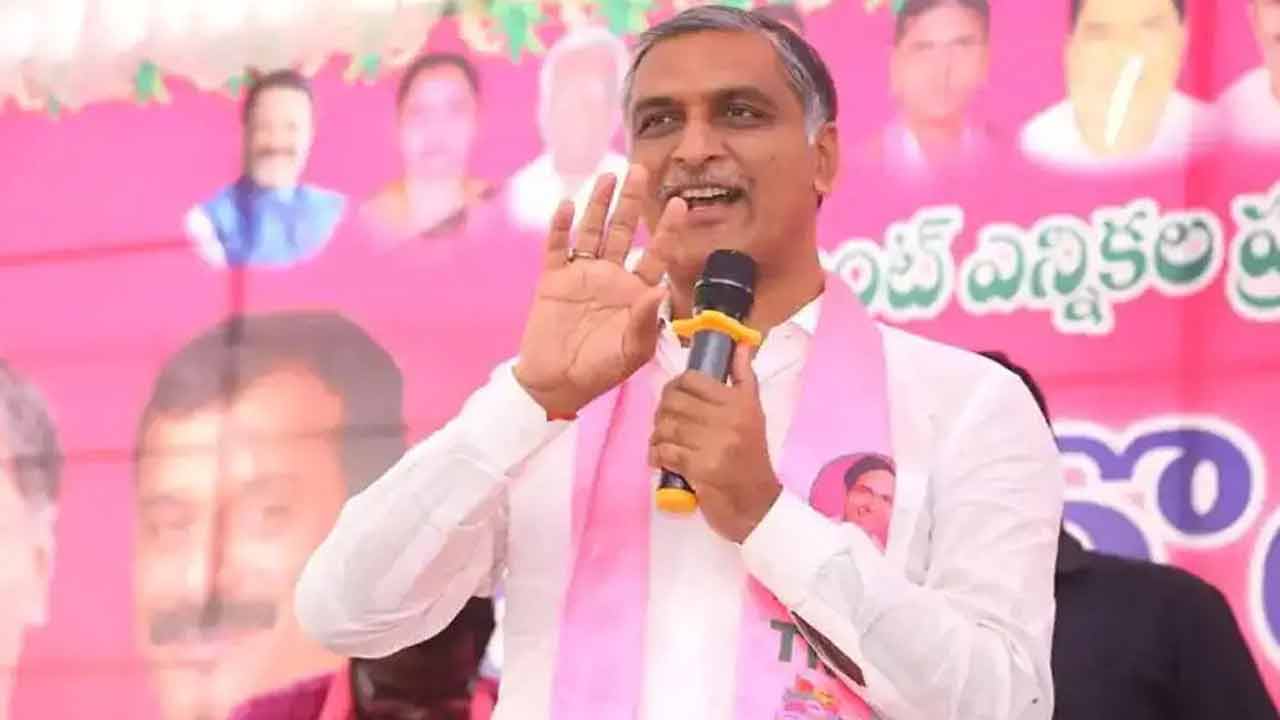
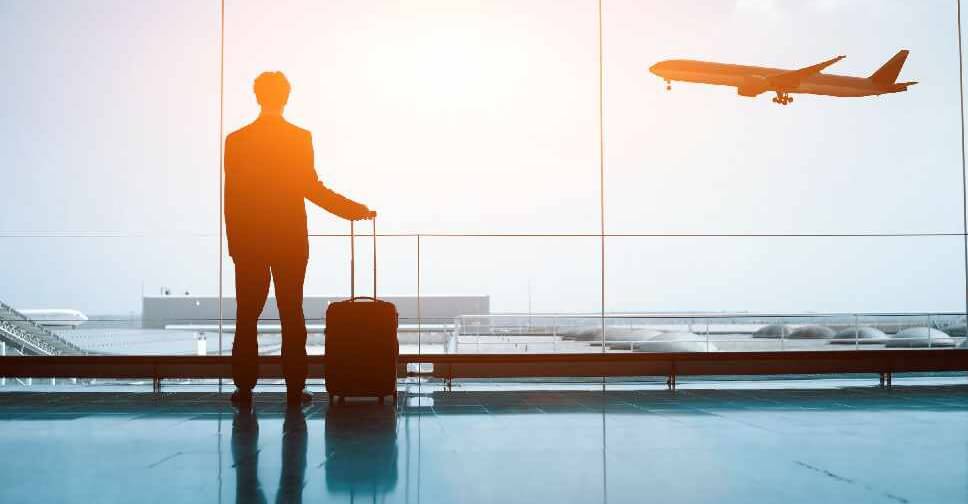
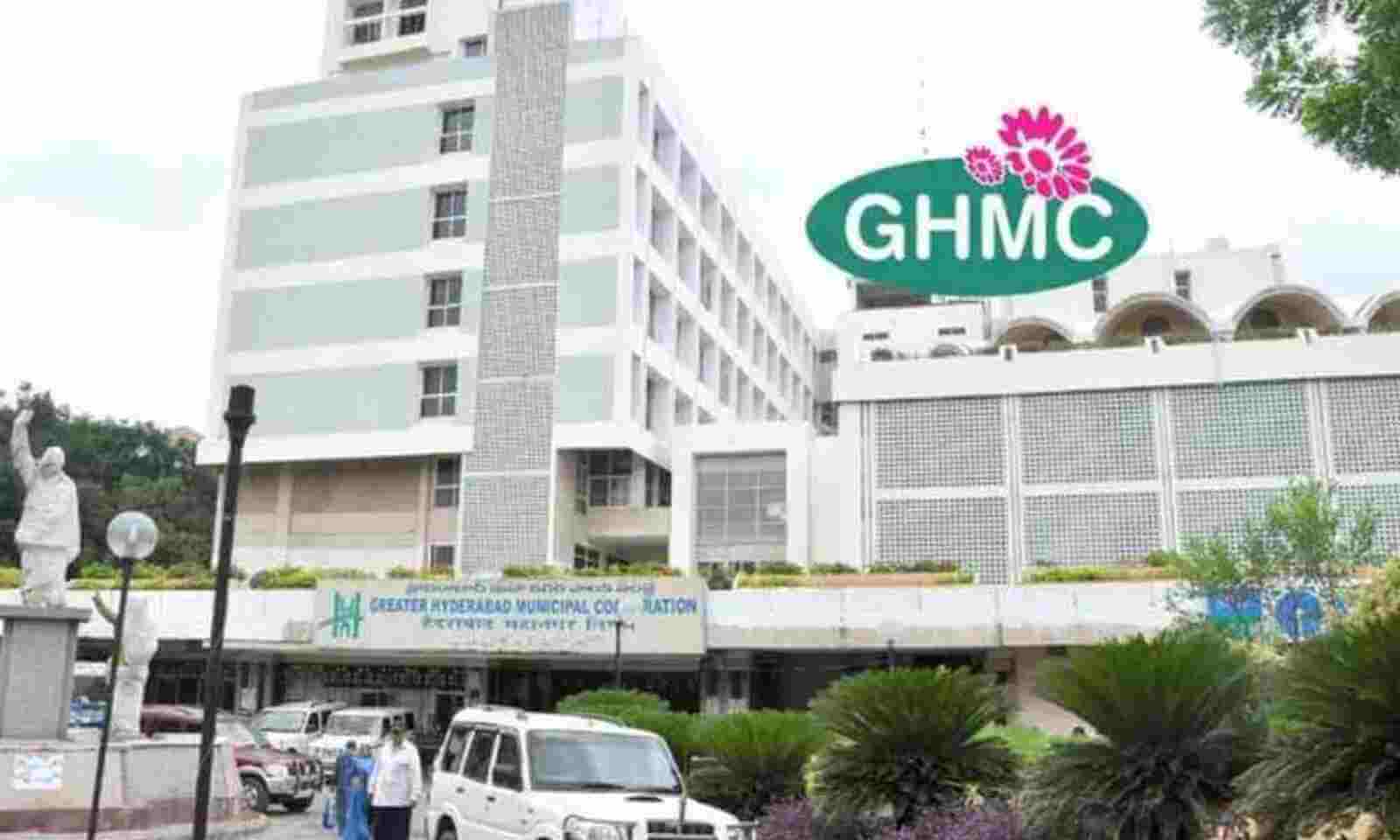






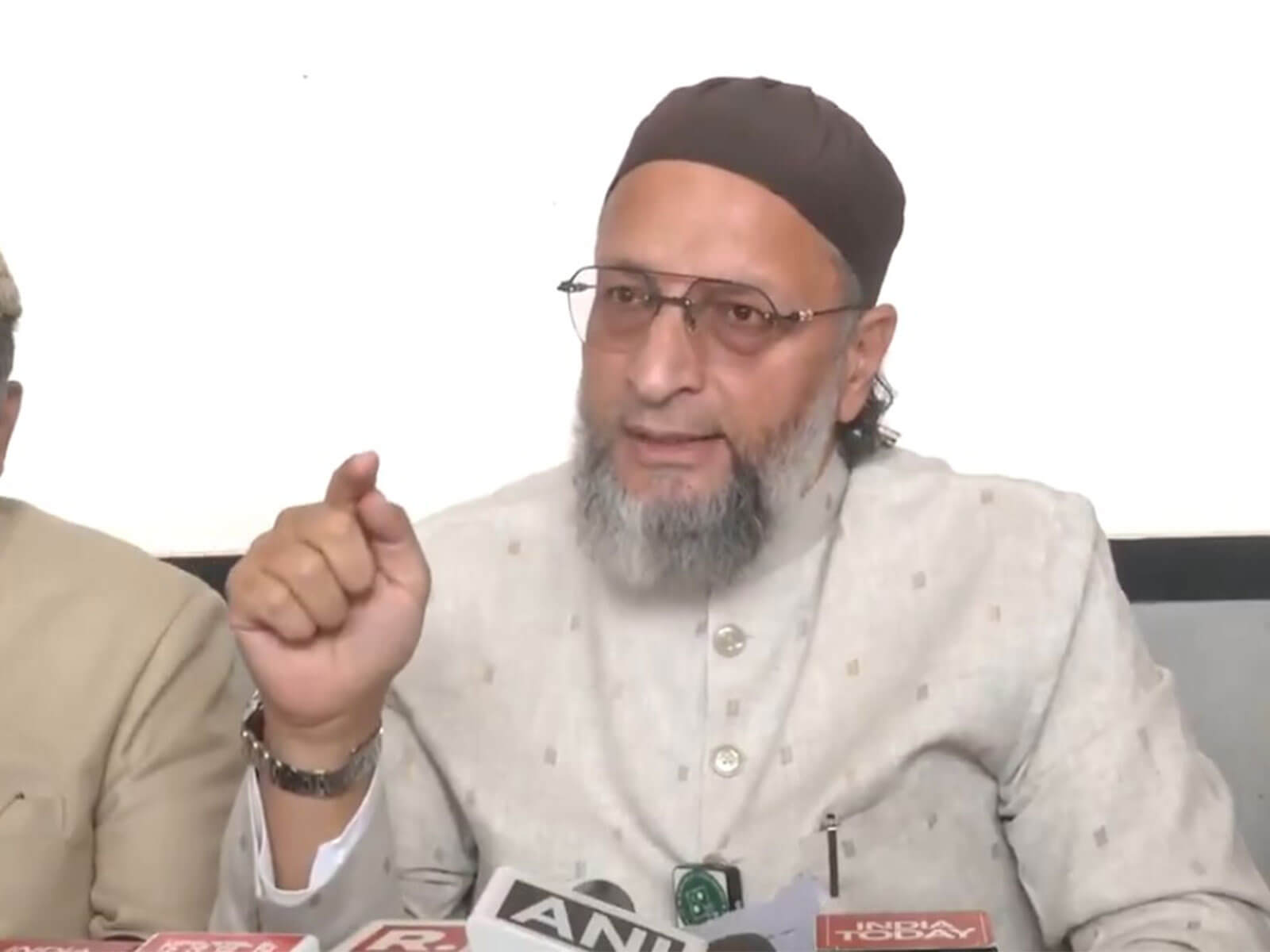







.jpg)
.jpg)
.jpg)


